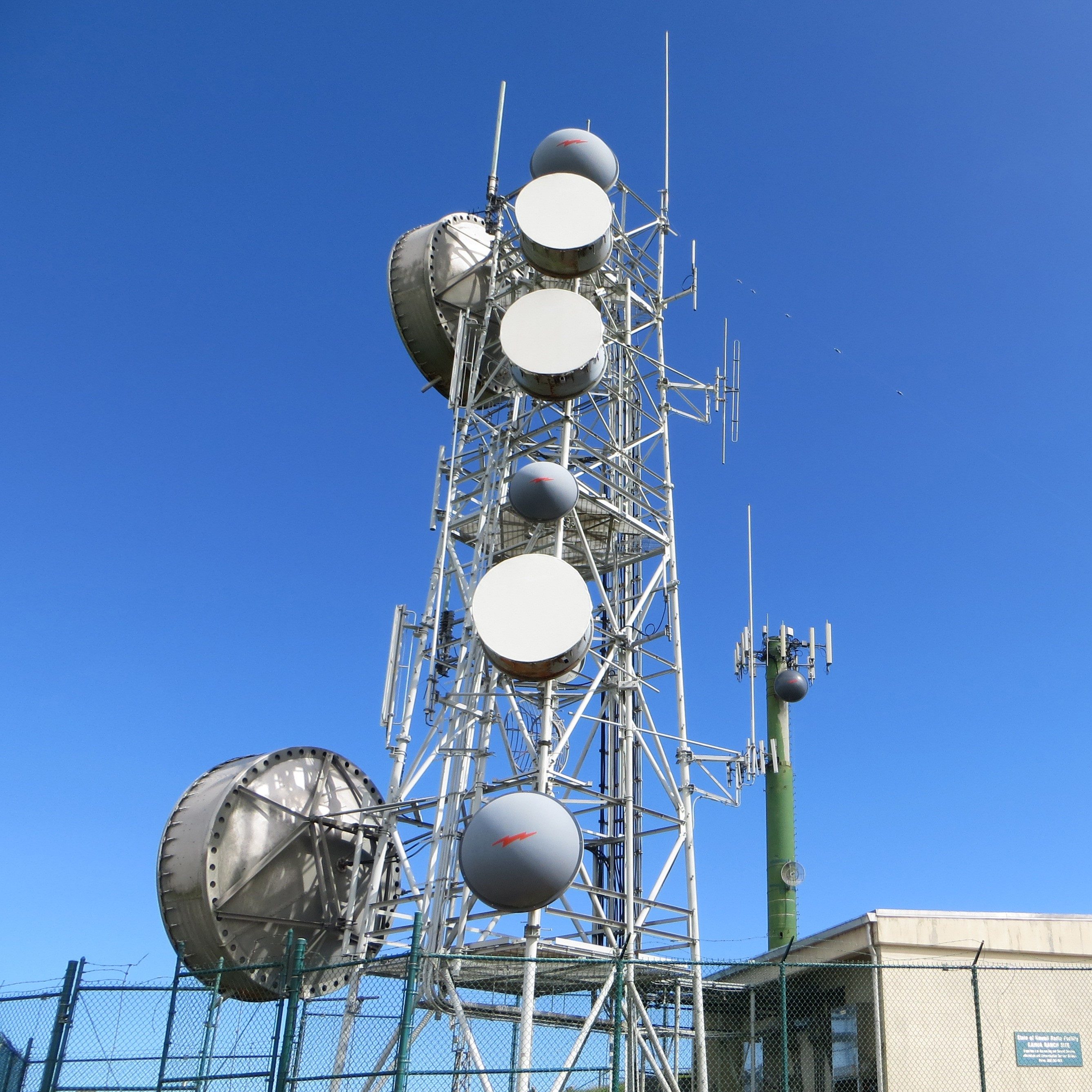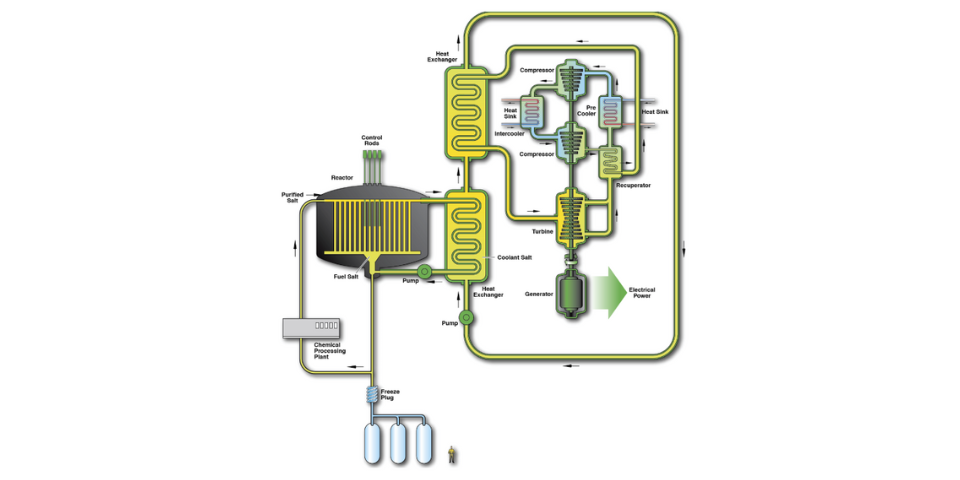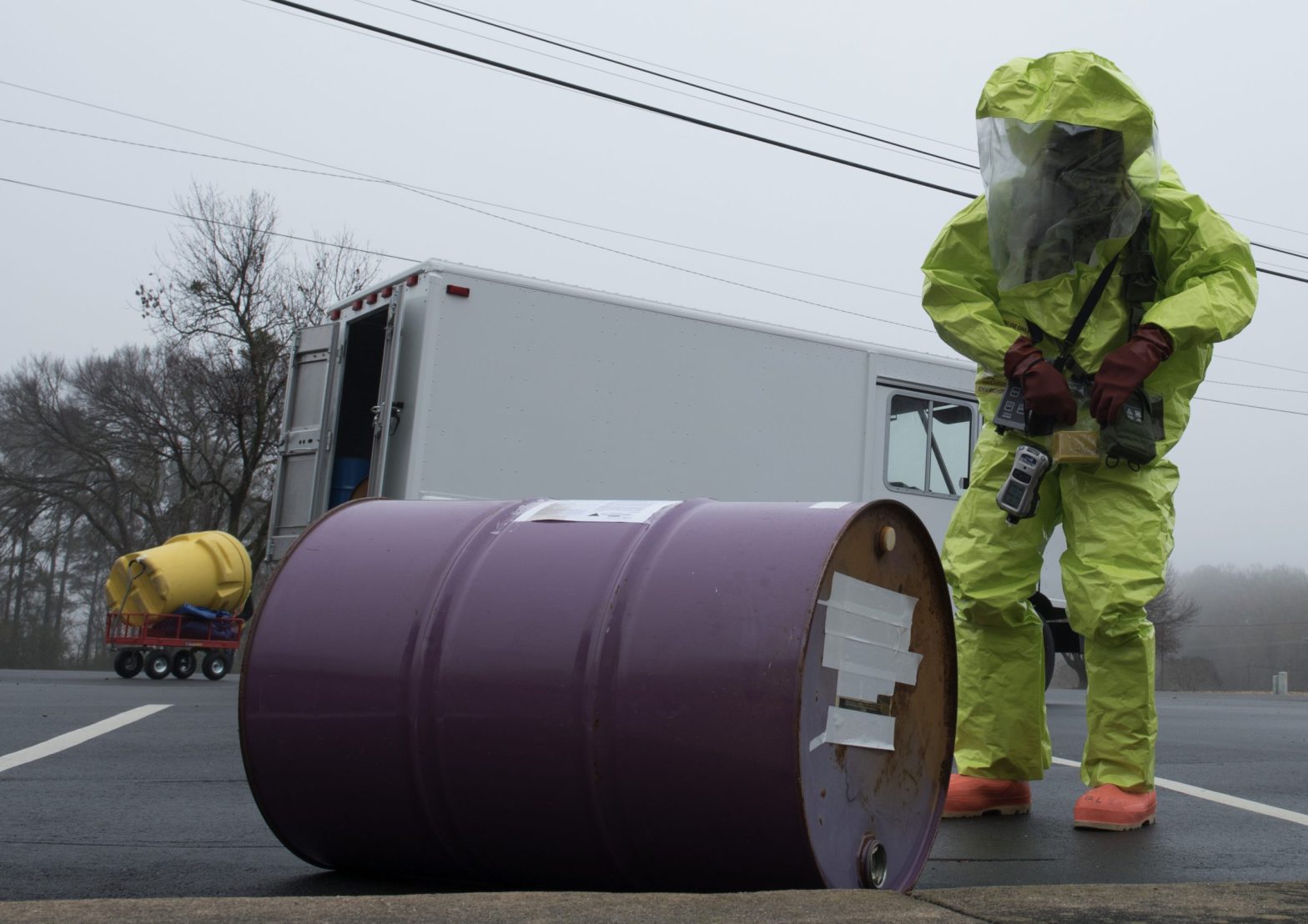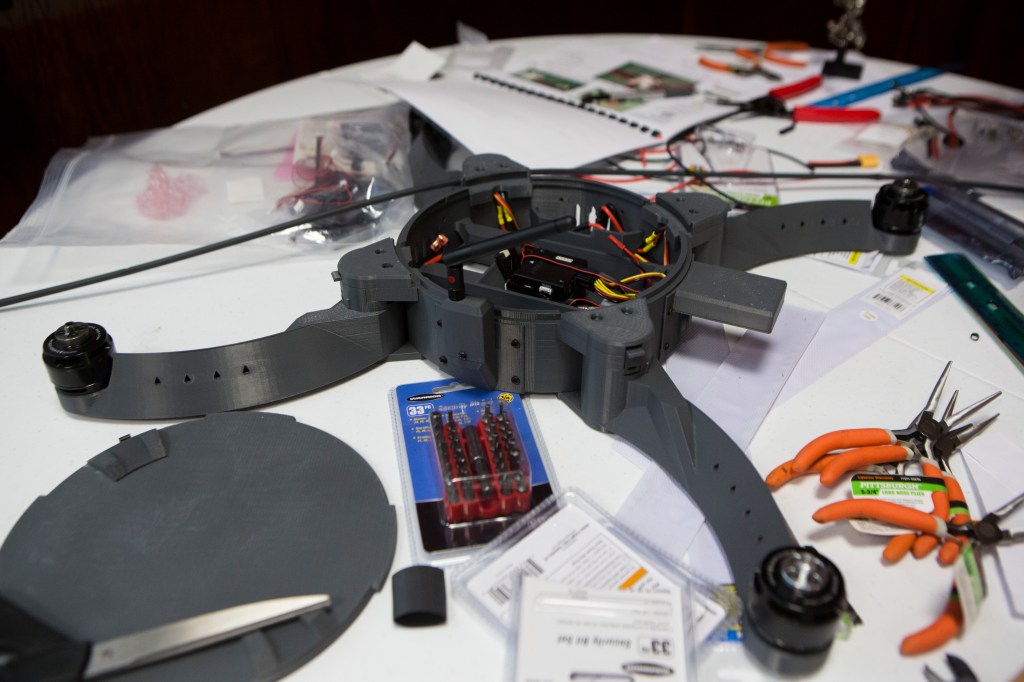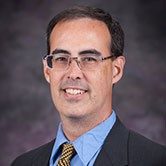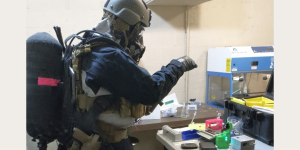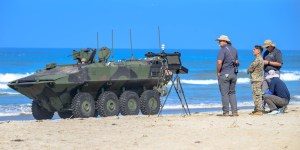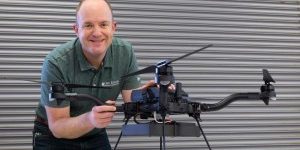Idaho National Laboratory Unveils First-of-a-Kind Molten Salt Test Loop
Idaho National Laboratory (INL) recently debuted a new molten salt test loop that will support the development of advanced reactors using molten salts. It will also be used to help support the world’s first fast-spectrum, salt-fueled reactor experiment at the lab scheduled to begin in the 2030s. Molten salt reactors use molten salt as a…


